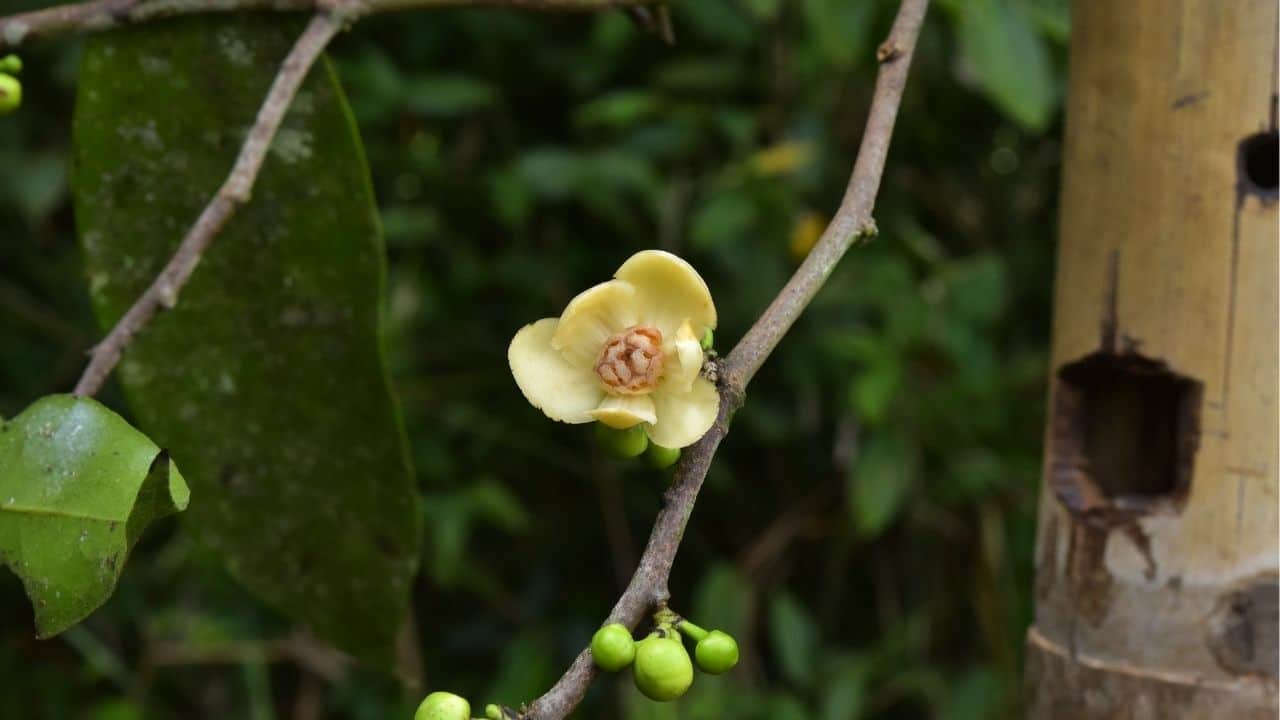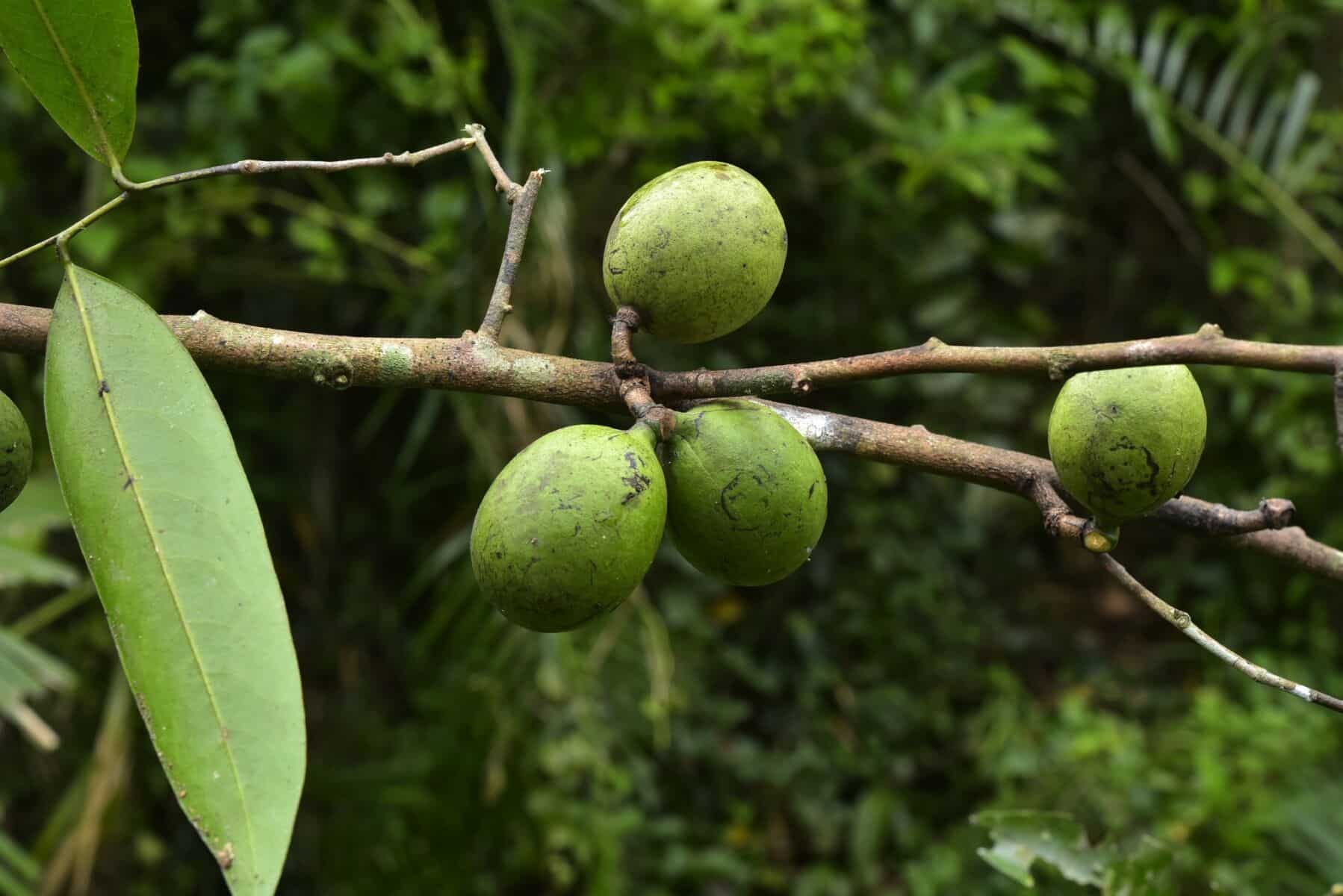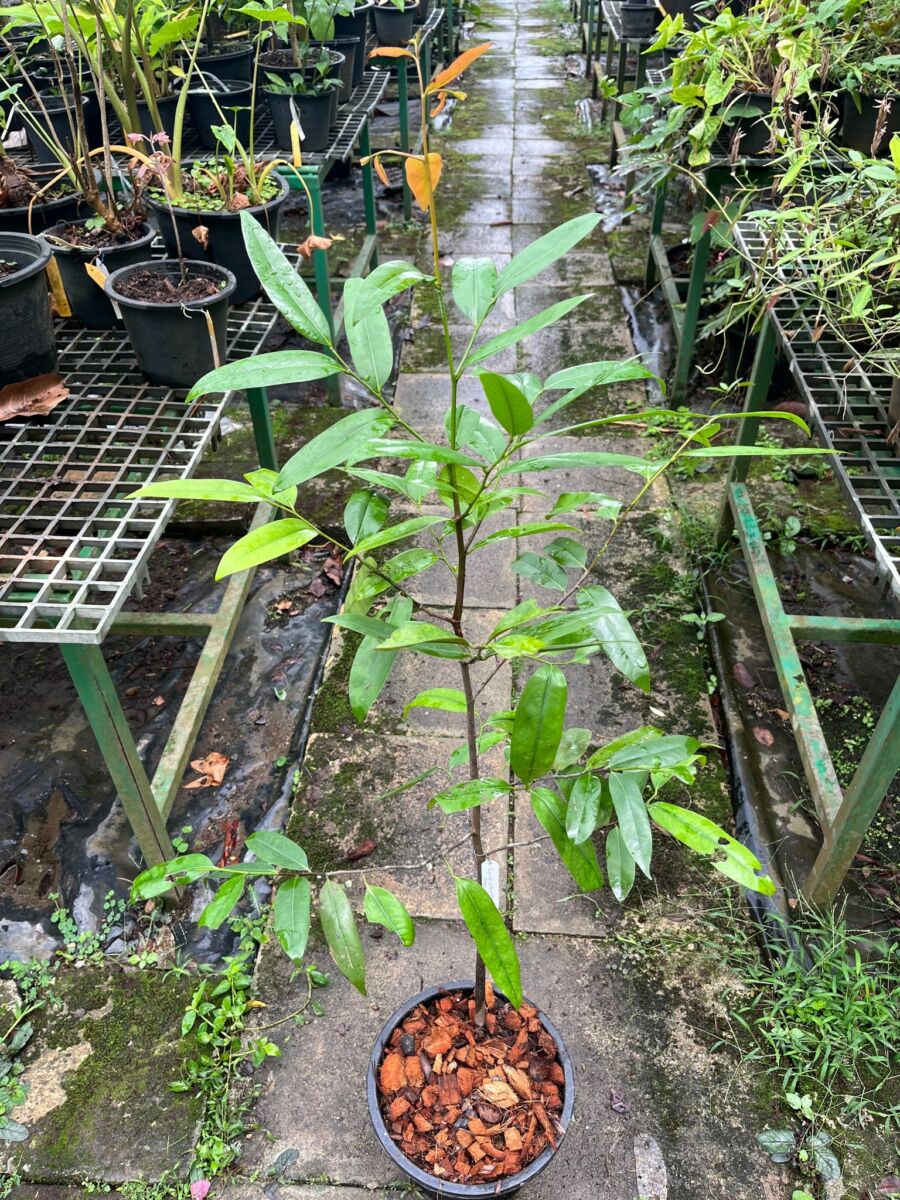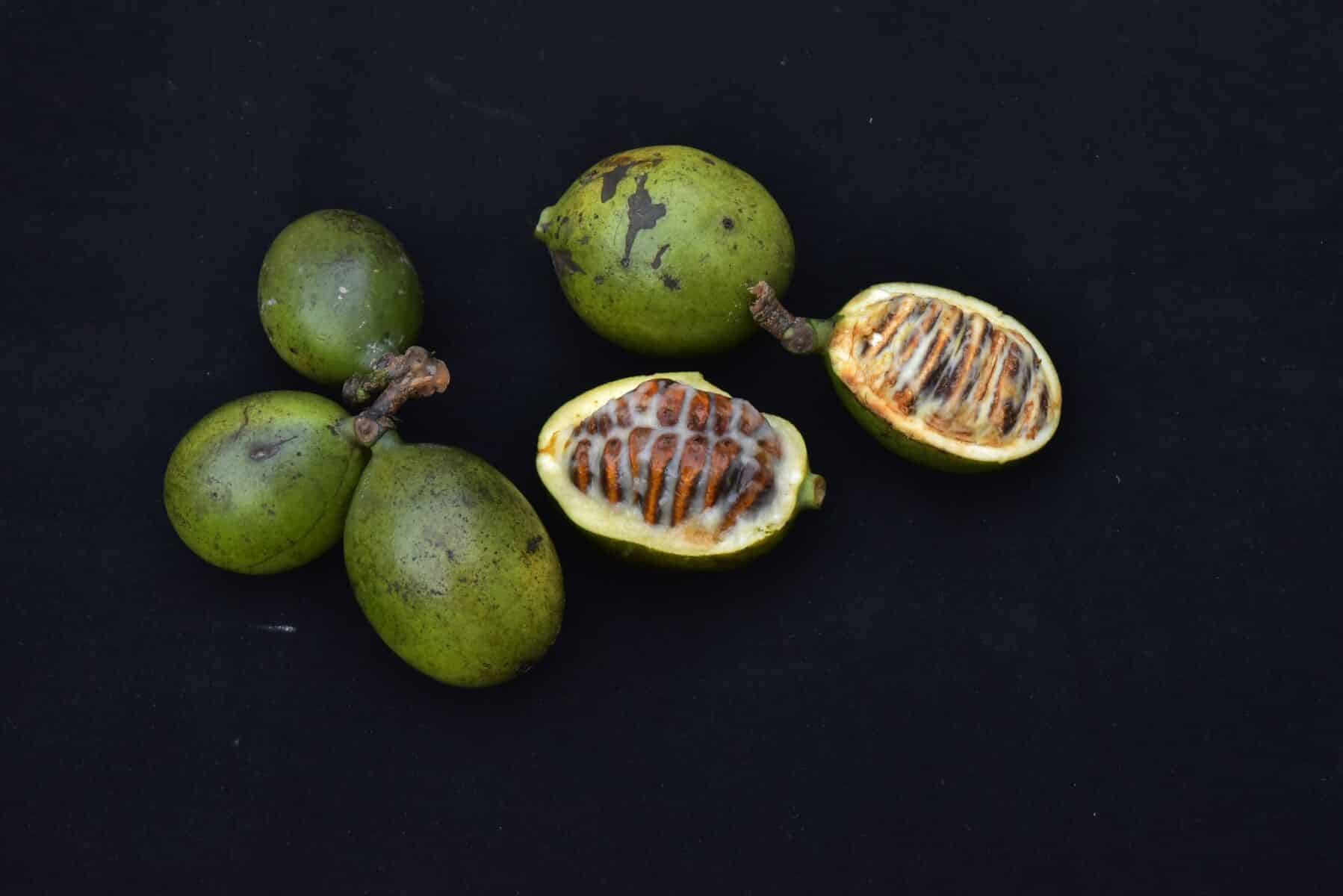New endangered tree species discovered in South Thailand
Researchers find the "Tharathum" tree in Surat Thani province in a major breakthrough

A rare tree species has been discovered deep in the wetlands of South Thailand, yet it’s already fighting for survival.
Thai researchers have uncovered a brand-new species of tree in Surat Thani province, in what’s being hailed as a major botanical breakthrough. Dubbed “Tharathum,” a poetic blend of the Thai words for water (thara) and tree (tham), the plant was discovered growing in the flood-prone region near the Tapi River in Khian Sa district.
Leading the discovery was Doctor Chatthida Wiya, a plant taxonomist with the Botanical Garden Organisation, in collaboration with Chiang Mai University, Kasetsart University, the Department of National Parks, Wildlife and Plant Conservation (DNP), and the Department of Agricultural Extension.
Their findings were officially published on May 1 in the journal Plant Systematics and Evolution.

Scientifically named Sageraea multiovulata Wiya, Sinbumr. & Chaowasku, the tree belongs to the Annonaceae family and the Sageraea genus.
It stands out for its impressive height, reaching up to 18 metres, and its cream to pale yellow flowers, paired with large, yellowish-green fruit.

What makes Tharathum unique is its reproductive capacity.
“Each ovary contains between 19 and 20 ovules—the highest ever recorded in its genus, which usually ranges from five to 12,” explained the research team.
This towering tree thrives in extreme conditions, spending up to six months of the year submerged in river water.
It cleverly times its fruit ripening with the October flood season, using the river’s current to disperse seeds while the prolonged soaking helps break down the fruit for natural germination.
Despite its fascinating features, Tharathum is already on the “Critically Endangered” list. The species has only been found in a single wetland area now hemmed in by rubber and oil palm plantations, reported Bangkok Post.

Conservation efforts are underway, with support from locals and the Botanical Garden Organisation.
“We’re growing saplings at the Queen Sirikit Botanic Garden in Chiang Mai,” said Dr Chatthida, noting it’s part of a long-term plan to protect the species.
Although there’s no known commercial use for the tree at present, researchers believe it may hold untapped potential.
“With further study, we might discover compounds that could drive sustainable conservation through economic value.”
Latest Thailand News
Follow The Thaiger on Google News:


























